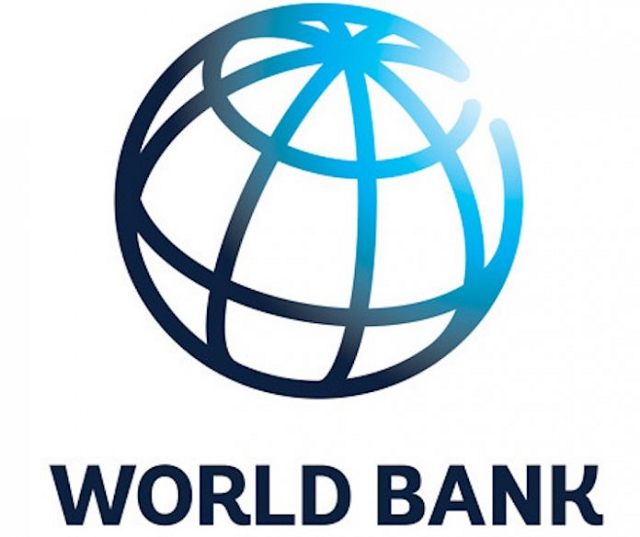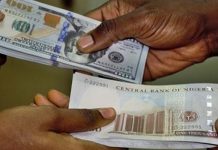World bank stated that if Federal Government (FG) does not give palliatives to mitigate the effects of the newly imposed reforms, more people will be forced into poverty in Nigeria.
The financial institution also stated that Federal Government (FG) will save a total of ₦11 trillion as a result of the recent withdrawal of petrol subsidies.
However, the financial organization stated that if the government does not give palliatives to mitigate the effects of the newly imposed reforms, more people will be forced into poverty in Nigeria.
According to the latest Nigeria Development Update (NDU), over four million people will be forced into poverty between January and May 2023.
The bank stated in its report titled ‘Seizing the Opportunity’ that it is critical for the country to implement a comprehensive reform package that includes a variety of complementary measures, including a new social compact to protect the poor and most vulnerable, in order to maximize the collective impact on growth, job creation, and poverty reduction.
The NDU report says, ““The removal of the petrol subsidy and Foreign Exchange (FX) management reforms are crucial measures to begin to rebuild fiscal space and restore macroeconomic stability, and the opportunity should be seized to take further, necessary policy reform steps.
“In the first part of 2023, Nigeria’s economic growth weakened, and real Gross Domestic Product (GDP) growth fell from 3.3 percent in 2022 to 2.4 percent year-on-year (y-o-y) in Q1 2023. The challenging global economic context has put pressure on Nigeria’s economy.
“However, domestic policies play a major role in determining Nigeria’s economic performance and resilience to further external shocks. The previous mix of fiscal, monetary, and exchange rate policies, including the naira redesign program, did not deliver the desired improvements in growth, inflation, and economic resilience.
“The new government has recognised the need to chart a new course and has already made a start on critical reforms, such as the elimination of the petrol subsidy and reforms in the FX market.
“With the petrol subsidy removal, the government is projected to achieve fiscal savings of approximately ₦2 trillion in 2023, equivalent to 0.9 percent of GDP. These savings are expected to reach over ₦11 trillion by the end of 2025.”
Poverty
According to the global lender, the latest measures would have a more direct impact on the poor and vulnerable.
However, the bank urged that while policies are being implemented, measures be put in place to mitigate the impact on the poor.
According to the bank, the withdrawal of the petrol subsidy resulted in an increase in prices, which harmed poor and economically vulnerable Nigerian households.
“Petrol prices appear to have almost tripled following the subsidy removal,” the report reads.
“The poor and economically insecure households, who directly purchase and use petrol as well as those that indirectly consume petrol, are adversely affected by the price increase.
“Among the poor and economically insecure, 38 percent own a motorcycle and 23 percent own a generator that depends on petrol. Much more use petrol-dependent transportation.
“The poor and economically insecure households will face an equivalent income loss of ₦5,700 per month, and without compensation, an additional 7.1 million people will be pushed into poverty.”
Compensation
World bank said that “compensating transfers will be essential to help shield the most vulnerable Nigerian households from the initial price impacts of the subsidy reform, as without compensation, many households could be pushed into poverty by higher petrol prices and have to resort to coping mechanisms with long-term adverse consequences”.
Foreign Exchange rate
“Similarly, the move to harmonise the FX windows will help to improve the efficiency of the FX market, unlock private investment, and reduce inflationary pressures, but it is crucial to complete this important reform by removing FX restrictions, clearly communicating how the new FX regime will operate, and implementing supportive monetary and fiscal policies,” it added.












